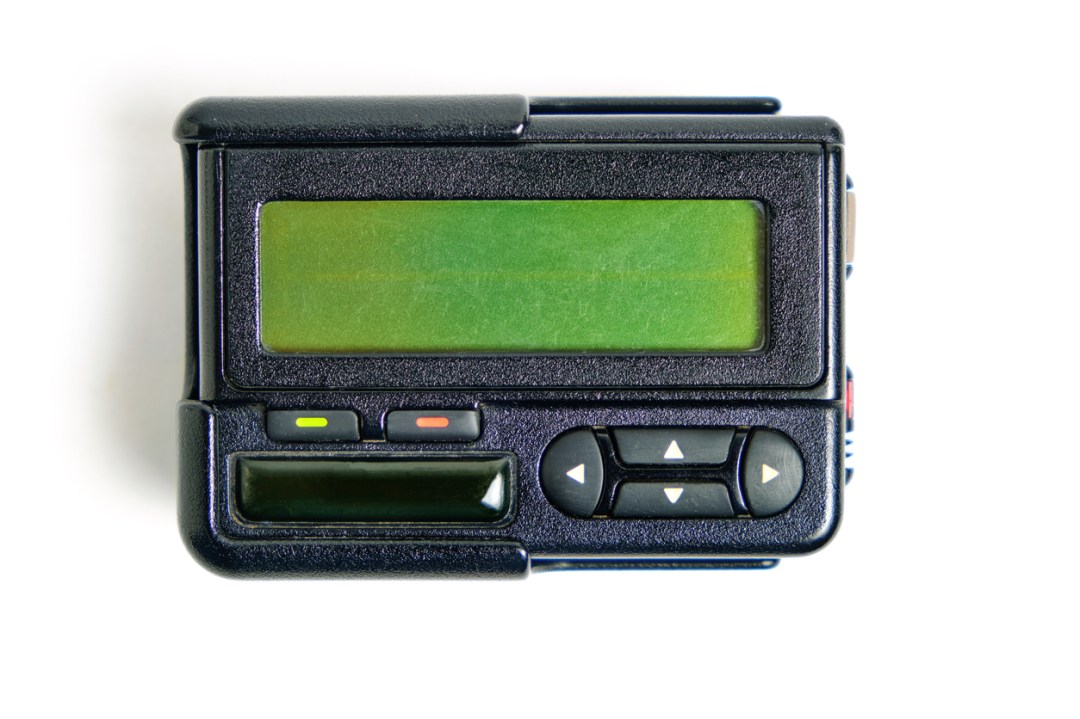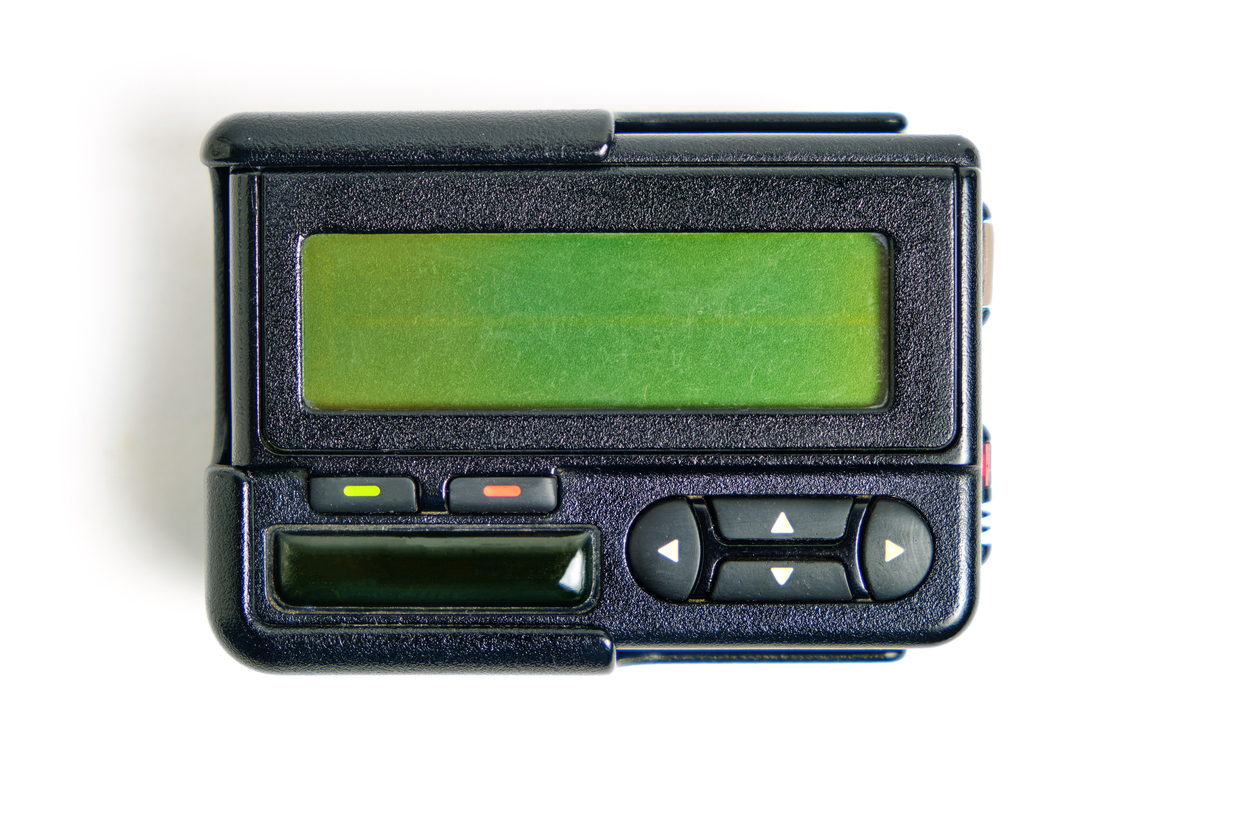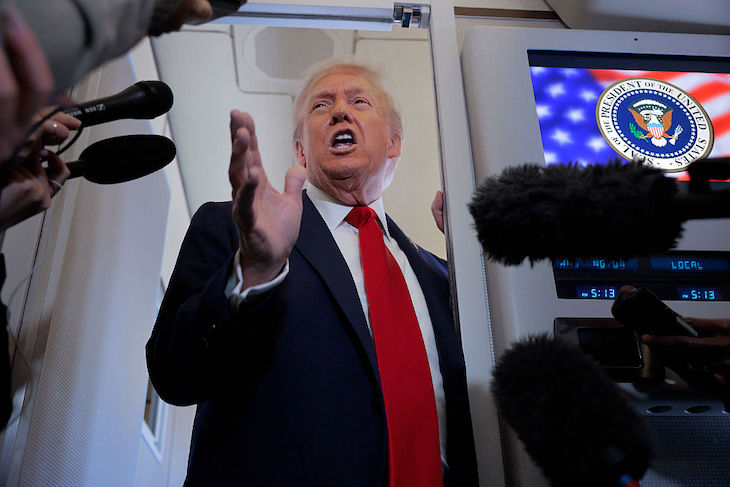The NHS uses 130,000 pagers, 10 per cent of the world’s total, and a fraction that slightly increased on 17 September when several thousand of those belonging to Hezbollah exploded. In fact, the NHS, where I work, and Hezbollah share certain problems when it comes to communication infrastructure. A few years ago, I was delighted to see a ward computer with a floppy disk drive – 5.25”, of all things, and be thankful if you’re too young to know the difference between that and 3.5”.
To experience the tyranny of a pager, to wear a small device on one’s belt and live under its fickle imperious sway, is to understand St Augustine saying of God
Our communication continues to rely, as it has for decades, on pagers – or bleeps, as NHS staff call them, whose messages are usually limited to showing the number someone wants you to dial. I recall the pride and anxiety of receiving mine, a quarter century ago, alongside my long white coat, on my first working day. Those coats are long banished, public health officials having decided, on the basis (of no good evidence) that doing so would reduce the rate of hospital-acquired infections.
White coats were not invited back when infection rates remained ungratefully indifferent to these progressive policies. However, the use of pagers continued, untroubled. Hospital doctors have personal bleeps, and many junior staff also take temporary responsibility for ‘baton bleeps’ associated with particular duties, which are passed from hand to hand as shifts change. I started to research their hidden flora once, with the aim of seeing if some group of surgeons or physicians carried particular constellations of bugs, but life intervened and the paper was never written.
Back when pagers were new and glamorous, drug dealers copied doctors in carrying what were then badges of importance. A somewhat cut-throat area of the private sector, unopposed to entrepreneurial innovation, they quickly switched to mobile phones. The NHS, an institution where the last really effective push to modernise infrastructure came under the ministry of Enoch Powell, never did the same.
Every doctor knows the agony of answering promptly and being met with an engaged tone, or with no answer at all. To bleep-and-run was never deliberate, but remained a regular form of torture, like being bleeped to the wrong number and knowing that someone, somewhere, was writing in the notes that you were not answering. Quiescent bleeps would buzz into action should one attempt the toilet, a phenomenon I remain convinced is less the play of chance, more the malign jest of fate. Most doctors remember the sudden panic of realising they have accidentally taken a crucial pager home; my wife tells me she once dropped hers down the loo.
To experience the tyranny of a pager, to wear a small device on one’s belt and live under its fickle imperious sway, is to understand St Augustine saying of God that He is ‘mighty in mighty things, but mightiest of all in the very smallest.’ Like Russian conscripts in the Donbas, NHS doctors, against orders, now often use their own mobiles. In the notes we write our pager numbers; among ourselves we WhatsApp. It’s vastly more effective, but generally banned; Trusts tend to be more concerned about immaculate security policies than effective staffing.
Unless a reader can think of a way to suggest to Public Health England that pagers might harbour doom-dealing bacteria (no evidence needed, only progressively fashionable vibes), they look set to stay. At least till such time as capital investment and sensible management return, along with world-leading health outcomes, easy access to familiar, reliable GPs, half-empty A&E waiting rooms, and peace in the Middle East.








Comments